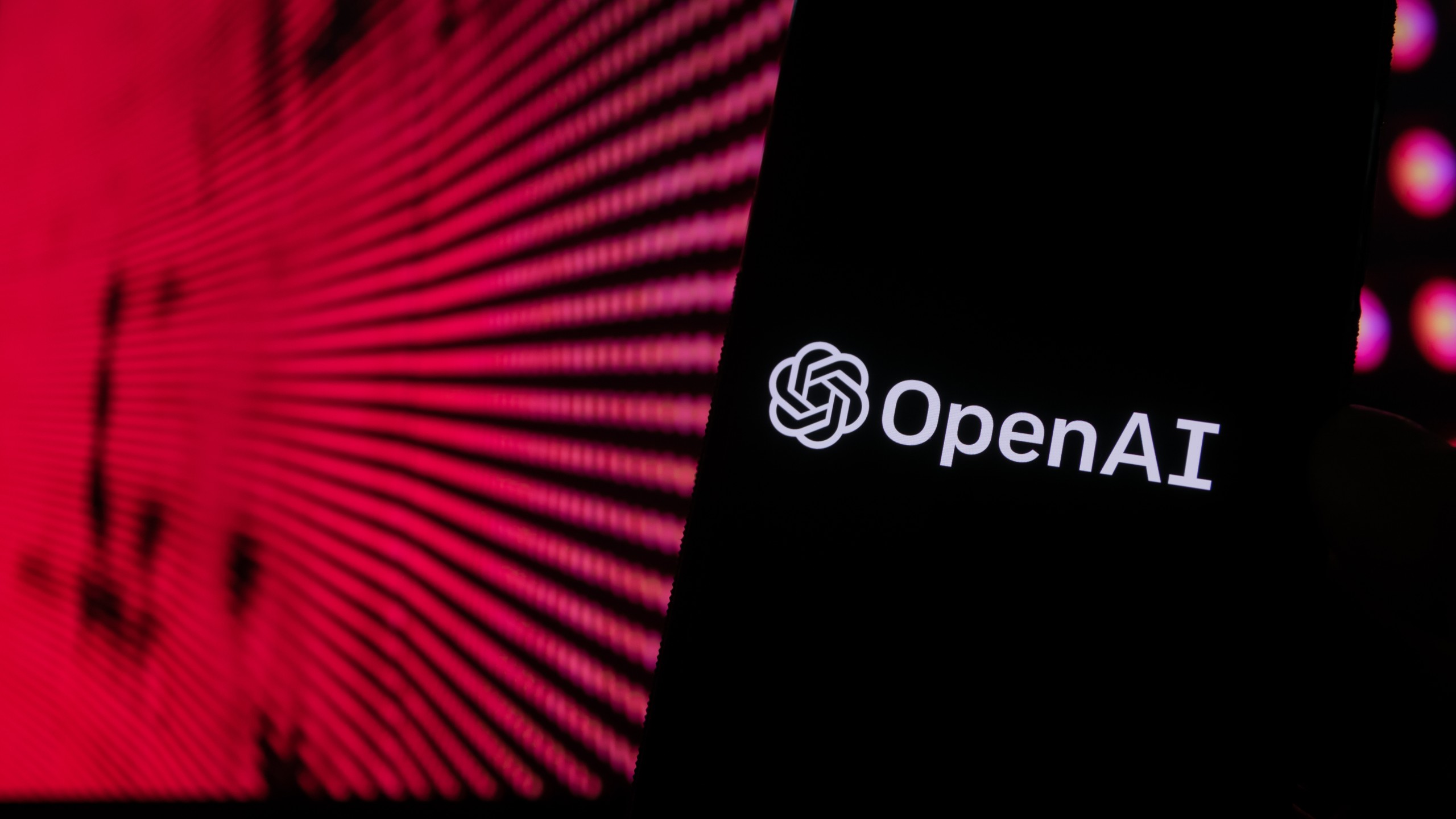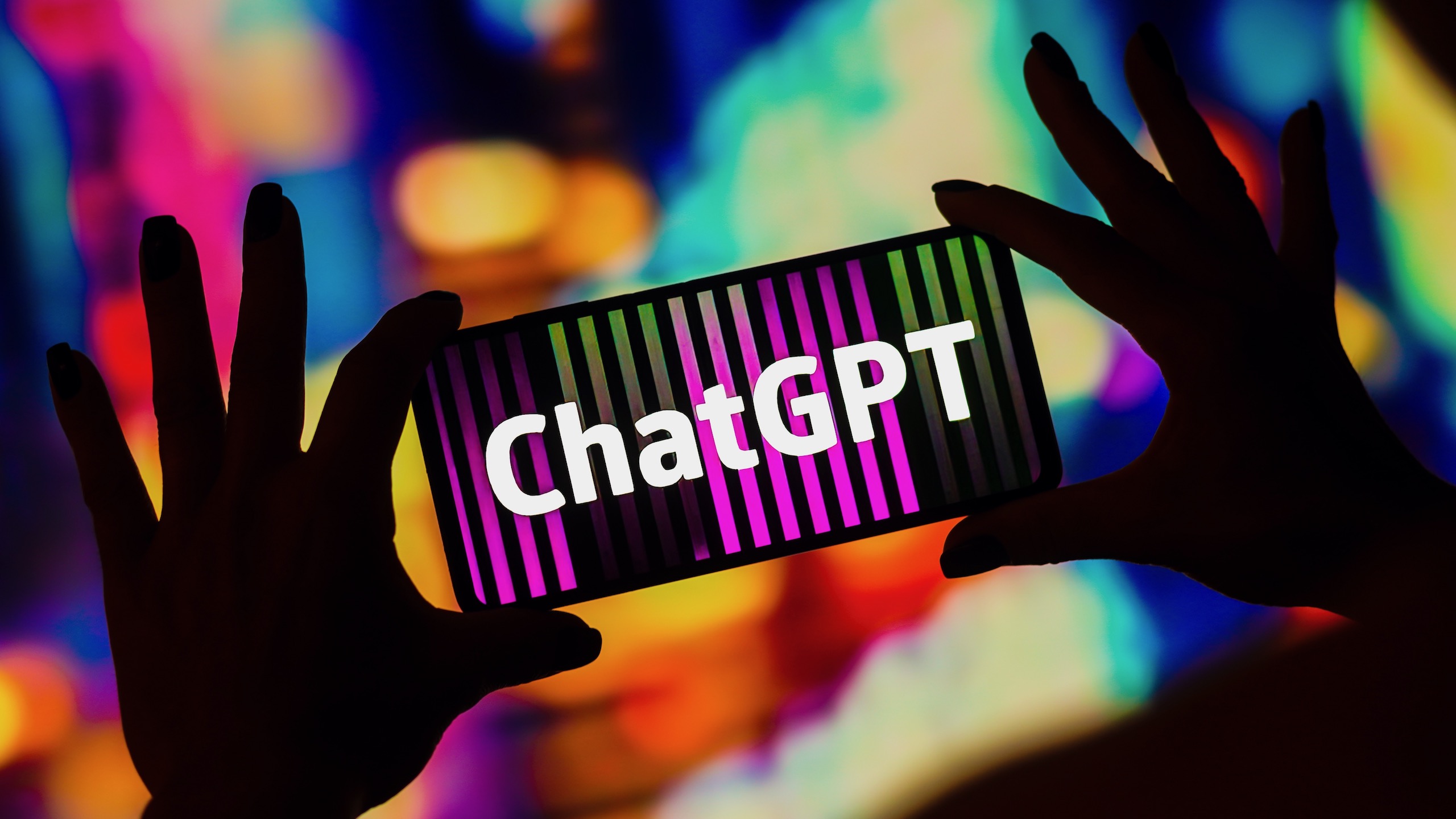Lord Justice Colin Birss, a British Court of Appeal judge specializing in intellectual property law, has admitted to using the artificial intelligence (AI) language model ChatGPT to assist in drafting a ruling.
This watershed moment raises pertinent questions about the future role of artificial intelligence in law, particularly when upholding the accuracy and integrity of judicial decisions.
Justice Colin Birss revealed on Thursday that he has used ChatGPT to help him write a judgment, as he called on the legal profession to embrace generative AI to improve access to justice and the rule of law. https://t.co/AGBuYJRZ1I
— Law360 (@Law360) September 15, 2023
A “Jolly Useful” tool for summarizing the law
Lord Justice Birss spoke highly of the AI’s summarization capabilities at a recent conference hosted by the Law Society in Britain. He declared;
“I think what is of most interest is that you can ask these large language models to summarise information. It is useful and it will be used and I can tell you, I have used it.”
Specifically, Birss allegedly used ChatGPT to formulate a concise summary of an area of law with which he was already well-acquainted, incorporating this summary into a case ruling. Nevertheless, Birss emphasized the importance of human oversight, affirming that he took “full personal responsibility” for the judgments and that the AI was a supplementary tool rather than a decision-maker.


The promises and pitfalls of AI in law
The ChatGPT language model, released in November 2022, has been a subject of both fascination and criticism. While its capacity to generate complex and detailed text has won it some proponents, concerns about its accuracy and reliability persist.
It has been criticized for “hallucinating” false information, as evidenced by an erroneous claim it made about an American law professor, accusing him of sexual harassment.
Lord Justice Birss, however, endorsed the AI tool for topics one is already knowledgeable about and cautioned against employing it as a sole resource for unfamiliar subjects. His cautious endorsement reflects a broader sentiment within the professional community, summarized by New York lawyer Steven Schwartz, who faced penalties for relying too heavily on ChatGPT to draft a legal brief, leading to citations of fictitious legal cases.


The legal community’s stance on AI
Despite the evident usefulness of AI in tasks like summarization, its integration into the legal system is not universally welcomed. Due to data security concerns, UK-based law firm Mishcon de Reya has forbidden its legal practitioners from using ChatGPT. Moreover, studies from prestigious universities like Stanford and UC Berkeley suggest that the AI tool’s reliability may decrease, thereby calling into question its long-term viability as a supplemental tool in legal practice.
Regulatory implications and the future
As this debate unfolds, policymakers grapple with the broader question of AI regulation. The United States Senate, under the leadership of Senate Majority Leader Chuck Schumer, is currently consulting with tech giants like Mark Zuckerberg, Elon Musk, and Bill Gates on crafting bipartisan legislation that balances technological advancement with ethical concerns. The aim is to foster innovation while establishing safeguards against AI’s potential pitfalls. Schumer said;
“You have to have some government involvement for guardrails. If there are no guardrails, who knows what could happen?”
Lord Justice Birss’ pioneering use of AI in a judicial setting is a significant touchstone in the ongoing dialogue about AI’s role in society. While his approach could pave the way for increased efficiency and even more nuanced legal decisions, it simultaneously highlights the perils of unregulated or careless use of artificial intelligence. Thus, as the legal world edges toward a more tech-integrated future, striking a balance between innovation and reliability will be paramount.
- SEO Powered Content & PR Distribution. Get Amplified Today.
- PlatoData.Network Vertical Generative Ai. Empower Yourself. Access Here.
- PlatoAiStream. Web3 Intelligence. Knowledge Amplified. Access Here.
- PlatoESG. Carbon, CleanTech, Energy, Environment, Solar, Waste Management. Access Here.
- PlatoHealth. Biotech and Clinical Trials Intelligence. Access Here.
- BlockOffsets. Modernizing Environmental Offset Ownership. Access Here.
- Source: https://metanews.com/lord-justice-birss-admits-using-chatgpt-in-a-landmark-ip-case/
- :has
- :is
- :not
- $UP
- 15%
- 2022
- 7
- 70
- 9
- a
- About
- access
- accuracy
- admitted
- advancement
- against
- AI
- AI regulation
- aim
- allegedly
- already
- American
- an
- and
- appeal
- approach
- ARE
- AREA
- artificial
- artificial intelligence
- Artificial intelligence (AI)
- AS
- ask
- assist
- At
- Balance
- balances
- BE
- been
- Berkeley
- between
- Bill
- Bill Gates
- bipartisan
- both
- britain
- British
- broader
- by
- called
- calling
- CAN
- capabilities
- Capacity
- case
- cases
- cautious
- chatbot
- ChatGPT
- claim
- CO
- community
- complex
- Concerns
- concise
- Conference
- could
- Court
- criticism
- Currently
- data
- data security
- de
- debate
- decision-maker
- decisions
- Decline
- decrease
- detailed
- dialogue
- draft
- due
- edges
- efficiency
- Elon
- Elon Musk
- embrace
- emphasized
- establishing
- ethical
- Even
- evidenced
- evident
- faced
- false
- Firm
- First
- first time
- For
- Foster
- from
- future
- Gates
- generate
- generative
- Generative AI
- giants
- Government
- happen
- harassment
- Have
- he
- heavily
- help
- High
- highlights
- highly
- him
- his
- hosted
- However
- HTTPS
- human
- i
- if
- implications
- importance
- improve
- in
- incorporating
- increased
- information
- Innovation
- integration
- integrity
- intellectual
- intellectual property
- Intelligence
- interest
- into
- involvement
- IP
- IT
- ITS
- jpg
- judge
- judgments
- judicial
- Justice
- knows
- landmark
- language
- large
- Law
- law firm
- lawyer
- leader
- Leadership
- leading
- Legal
- Legislation
- like
- long-term
- made
- Majority
- mark
- mark zuckerberg
- max-width
- May..
- model
- models
- moment
- more
- Moreover
- most
- Musk
- Nevertheless
- New
- New York
- no
- November
- of
- on
- ONE
- ongoing
- OpenAI
- or
- out
- Oversight
- Paramount
- particularly
- pave
- personal
- Pioneering
- plato
- Plato Data Intelligence
- PlatoData
- plugins
- policymakers
- potential
- practice
- prestigious
- profession
- professional
- Professor
- promises
- property
- proponents
- question
- Questions
- Race
- raises
- rather
- recent
- reflects
- Regulation
- released
- reliability
- relying
- resource
- Revealed
- Role
- rolls
- Rule
- ruling
- safeguards
- Said
- security
- Senate
- sentiment
- Sexual
- Sexual Harassment
- significant
- simultaneously
- Society
- some
- specializing
- stanford
- States
- steven
- studies
- subject
- suggest
- SUMMARY
- system
- tasks
- tech
- tech giants
- technological
- tell
- text
- than
- that
- The
- The Future
- the Law
- There.
- thereby
- These
- Think
- this
- thursday
- Thus
- time
- to
- too
- took
- tool
- Topics
- toward
- traffic
- true
- under
- unfamiliar
- United
- United States
- universally
- Universities
- use
- used
- useful
- using
- viability
- was
- Way..
- Website
- welcomed
- What
- What is
- when
- which
- while
- WHO
- will
- with
- within
- Won
- world
- write
- york
- you
- zephyrnet
- Zuckerberg












